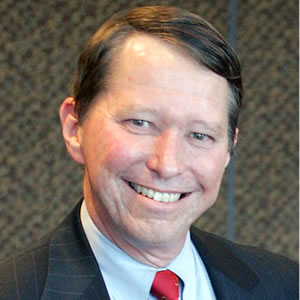With the anniversary of our country’s birth recently passed and now the 33rd anniversary of me joining ExecuNet, I found myself contemplating my career, the beginnings, the choices along the way, and what I will leave behind. I believe reflection is vital for self-understanding and continued growth and urge you to take some time to do the same.
In the relentless pace of executive life, it’s easy to forget where it all began.
Yet, taking the time to reflect on the birth of your career—the early decisions, first roles, key mentors, and even missteps—can be a powerful exercise in leadership renewal. These early experiences, often distant in years but rich in formative value, offer a lens through which today’s challenges can be viewed with greater perspective and clarity.
For many senior leaders, the start of their career was marked by ambition, curiosity, and probably more than a little uncertainty. Whether you began in a graduate program, a scrappy startup, or a sector entirely different from where you operate today, that initial environment shaped your instincts. You learned how to navigate ambiguity, how to earn trust, and how to recover from early failures. Revisiting those lessons can reignite a sense of purpose that often gets buried under years of operational complexity.
Why does this matter now?
It really always matters. Taking time to reflect on different aspect of one’s life is healthy. For me, milestones and anniversaries trigger reflection. Executive roles are inherently isolating. The higher you rise, the fewer people there are who will challenge you, provide unfiltered feedback, or remind you of how far you’ve come. Reflection isn’t just nostalgia—it’s a strategic pause. It helps you realign your values with your actions and recalibrate your leadership style with the authenticity that marked your early days—stay true to who you are while evolving.
Moreover, sharing these reflections can be a powerful tool for mentorship. Today’s emerging leaders crave authenticity. When you speak candidly about your own beginnings—the struggles, the doubts, the breakthroughs—you offer a roadmap that’s more valuable than any slide deck. You humanize leadership, and in doing so, foster a culture of trust and growth, a culture where ideas are encouraged for what they could be—not picked apart for what they are not.
So, I urge you to carve out time to reflect. Ponder: What motivated you at the start? What moments defined your path? Who believed in you before you had proven yourself? And how have those answers evolved over time? Write them down. Share them selectively. Use them as a mirror to ensure your current trajectory still aligns with your core purpose.
In a world that constantly looks forward, powerful leadership sometimes means looking back.
Reflecting on the birth of your career isn’t indulgent—it’s insightful.
And in a landscape where strategy and clarity reign, that insight might just be your most valuable competitive edge.







